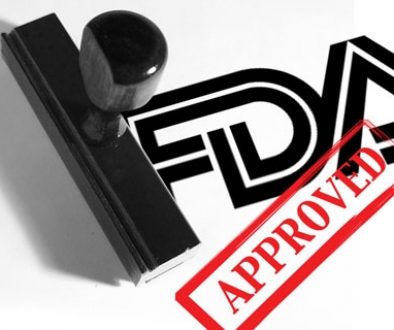Ask a Pharmacist
Your pharmacist is your neighborhood medication expert.
We can help you understand the prescriptions your doctor gives you and can help you choose the best nonprescription—sometimes called “over-the-counter” or OTC—medications for you.
Be sure to read all the printed information your pharmacist gives you. And ask your pharmacist these questions about your OTC and prescription medications:
- What is the name of my medication?
- What is it supposed to do?
Learn the names of all your medications and know why you are taking each one. If you see more than one doctor, give each doctor a list of all the medications you are taking.
If your medication is going to help you, you need to take it correctly.Be sure to ask:
- Should I take this medication on an empty stomach or with food?
- How often should I take it?
- What time of day should I take it?
Your prescription and OTC medications may interact with other drugs and cause a harmful effect. Certain foods or alcohol also may interact with drug products. Never begin taking a new medication without asking your pharmacist if it will interact with alcohol, foods, or other medicines.
Too many people think that medications they buy off the pharmacy shelf are harmless. They expect OTC products to have the power to help them, but they don’t respect the power these medications may also have to harm them. Your pharmacist knows all about the good that OTC medications can do—and about their potential dangers. Ask your pharmacist these four questions before you take any new OTC medication:
- What OTC medications are available for the symptoms I have?
- How much of this OTC should I take at a time?
- How often should I take this OTC and for how many days in a row?
- What other medicines, herbals, or supplements should I avoid while taking this OTC?
Know your medications and know your pharmacist choose your pharmacist as carefully as you choose your doctor. Your pharmacist is an important part of your health care team. Because most people see more than one doctor, using just one pharmacy is very important. That way, your medication records will be kept in one place. Your pharmacist can help you keep track of what you are taking—prescription and OTC—and make sure that your medications will not interact with each other.
Source: American Pharmacist Association



